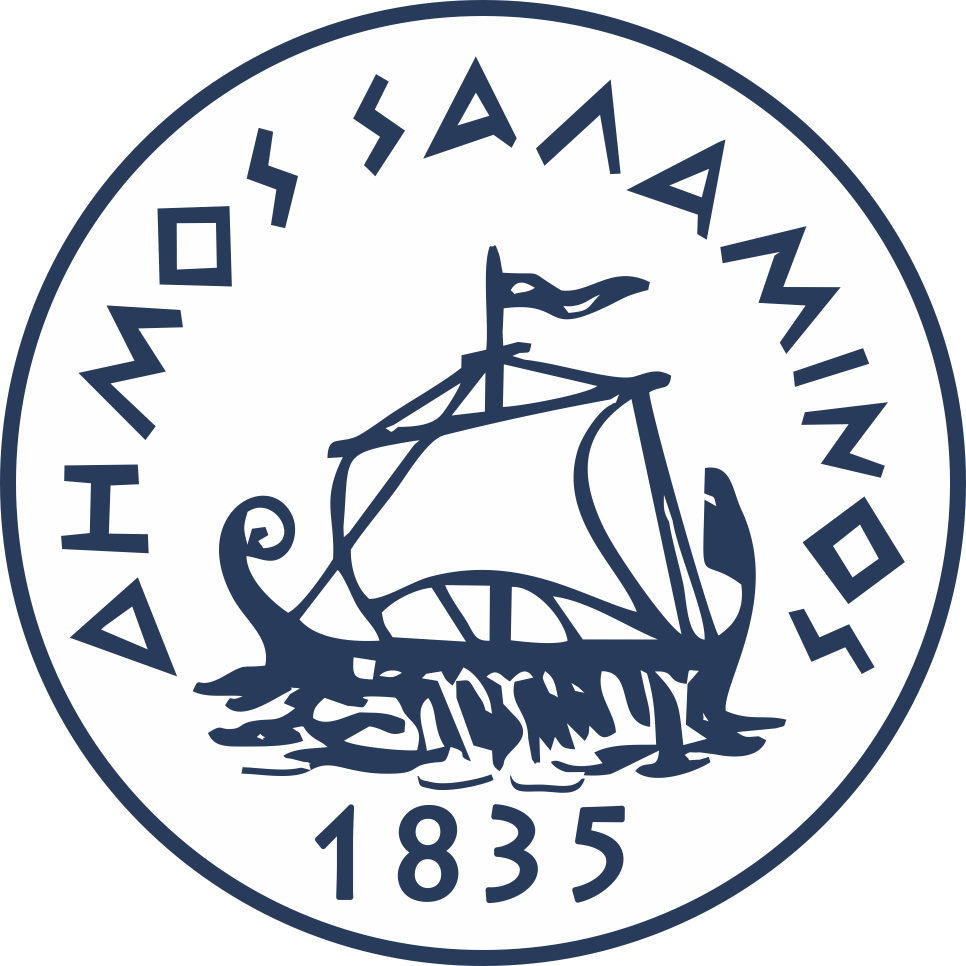At the end of the revolution, the island enjoyed a blossoming of the maritime professions. In 1878, the establishment of the Hellenic Naval Base at Phaneromeni proved to be a significant event for the island of Salamina. In 1881, the naval base was moved to its present location.
This period in the island’s history produced several significant personalities such as the printer Polichronis Lembesis, the writer and folklorist Petros Fourikis, General Theodoros Pangalos, playwright Demetris Bogris, and later still, the bard of traditional song, George Papasideris, professor and archaeologist Demetris Pallas, and the Chief of Staff of the Hellenic Armed Forces, Spiros Avgeris, among others.
During the German Occupation (1941-44) the island once again sacrificed the flower of its youth in its resistance against the invaders. Among theme were George Begnis, Nikolaos Beris, Fhilip Toutsis, Stelios Nikoletos, George Elefsiniotis, and others, in addition to those sent to German concentration camps.
As the years passed, and the population of Athens and Pireas increased, the island slowly became a place for weekend excursions, a summer resort and, indeed, as a place of permanent residence for many. The island’s beautiful natural landscape, its recent archaeological discoveries, its rich historical heritage, its variety of sights, in addition to the biological purification of its surrounding sea, and its short distance from Athens, have turned Salamina into an appealing tourist destination.


